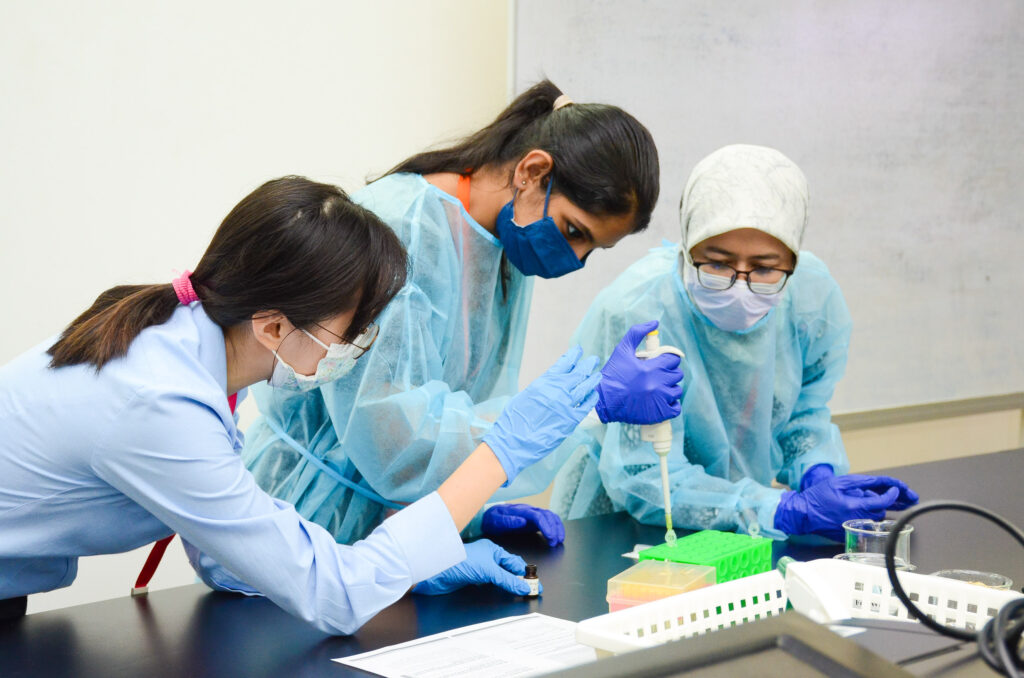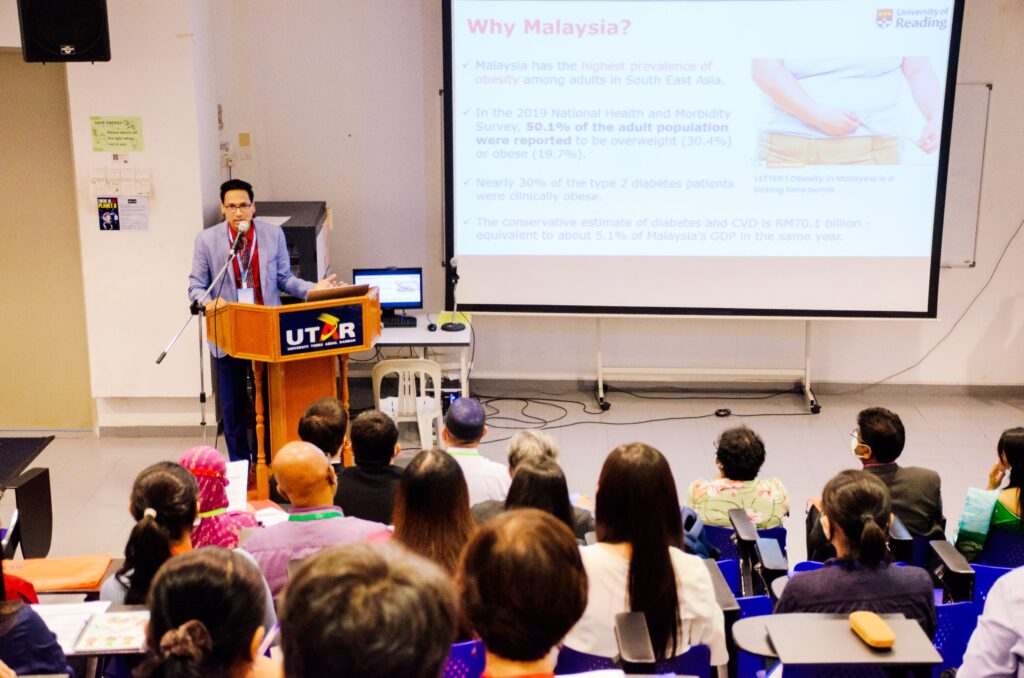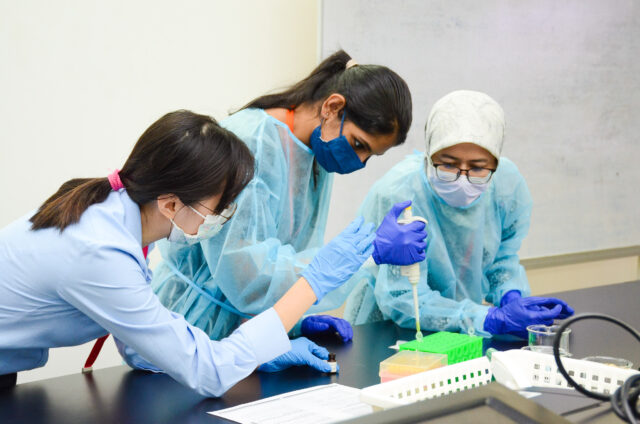The World Population Review 2019 identified Malaysia as the fattest nation in South-East Asia. The percentage of obese and overweight adults in Malaysia increased from 50.1% in 2019 to 54.2% in 2020. The burden of non-communicable diseases in Malaysia continues to rise, with one in five adults likely to be diabetic, one in three likely to have hypertension, and two in five having high cholesterol levels. This can be attributed to a paradigm shift: lifestyles are now more sedentary and diets unhealthier. Genetic predisposition may have interacted with these ‘obesogenic environments’ in influencing the higher prevalence of non-communicable diseases.

We are entering an age of personalized nutrition which means that nutritional science and technology can indicate which foods are right for us, rather than population-based dietary recommendations. While Western countries have shifted their approach to studying diet-related metabolic diseases by focusing on nutrigenetics (gene–diet interaction), Malaysia lacks knowledgeable specialists and technologists to translate genetic data into medical treatment and prevention.
To address this, the Nutrigenetics and Nutrigenomics Research and Training Unit (N2RTU) has been established as the focal point for a nutrigenetics approach in Malaysia. N2RTU is a collaboration between the Institute for Food, Nutrition, and Health at the University of Reading and the Centre for Biomedical and Nutrition Research at Universiti Tunku Abdul Rahman. The initiative is guided by the UN Sustainable Development Goals Good Health and Well-being, Quality Education, and Partnerships to achieve the Goal, and aligns with Malaysia’s Vision 2030 and the National Plan of Action for Nutrition Malaysia.
N2RTU will build capacity and create a nutrigenetics research ecosystem through knowledge and technology transfer with professional expertise from the University of Reading.

The first N2RTU workshop in August 2022 brought together policy makers, clinicians, dietitians, nutritionists, geneticists, healthcare providers, early career researchers and epidemiologists to kick start nutrigenetics and nutrigenomics research in Malaysia and identify data gaps.
Attendees had the opportunity to take part in hands-on training in analysing and interpreting large nutrigenetics datasets using statistical software. There was also the chance to learn more about the transition from traditional dietary and physical activity records to novel gadgets, wearables and sensors such as smart plates, mobile apps and heart rate and physical activity trackers.
Improvements in scientific knowledge could yield huge economic benefits for Malaysia including cost-effective disease prevention means and reduced healthcare costs for those affected by non-communicable diseases. The aim is to bring about effective change in the welfare of Malaysian people.
Vimal Karani is Professor in Nutrigenetics and Nutrigenomics in the Department of Food and Nutritional Sciences at the University of Reading.
Anto Cordelia Tanislaus Antony Dhanapal is Assistant Professor in the Department of Chemical Science at Universiti Tunku Abdul Rahman in Malaysia.
The Nutrigenetics and Nutrigenomics Research and Training Unit is funded by the British Council and The Malaysian Industry-Government Group for High Technology under the ‘Going Global Partnerships – Research Environment Links’ grant and is supported by the Ministry of Health and Nutrition Society of Malaysia.

